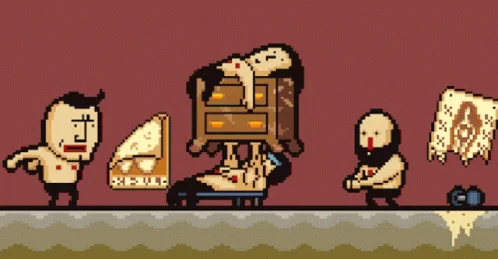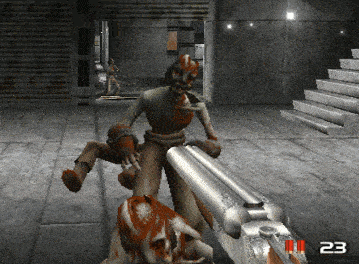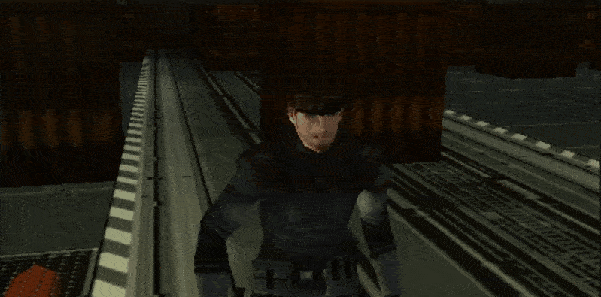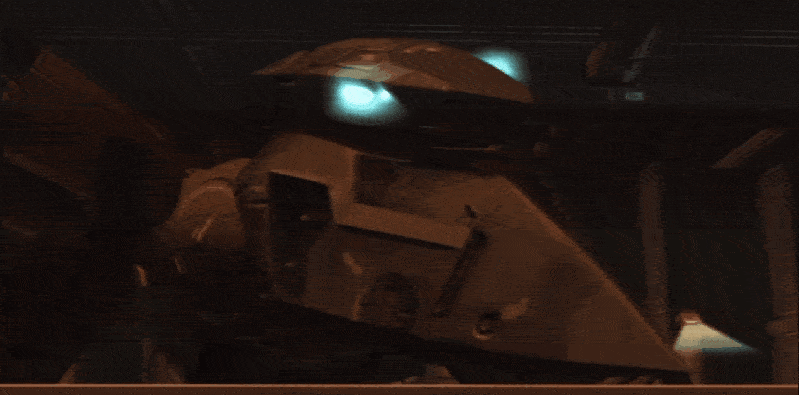-
-
Final Fantasy XI, and the stories we shared with strangers
“They saved us, and it’d be a virtual lifetime before we’d forget their names.”
-
Free Radical’s time travelling shooter predicted the future
“It was ahead of its time, and now it’s stuck in it.”





